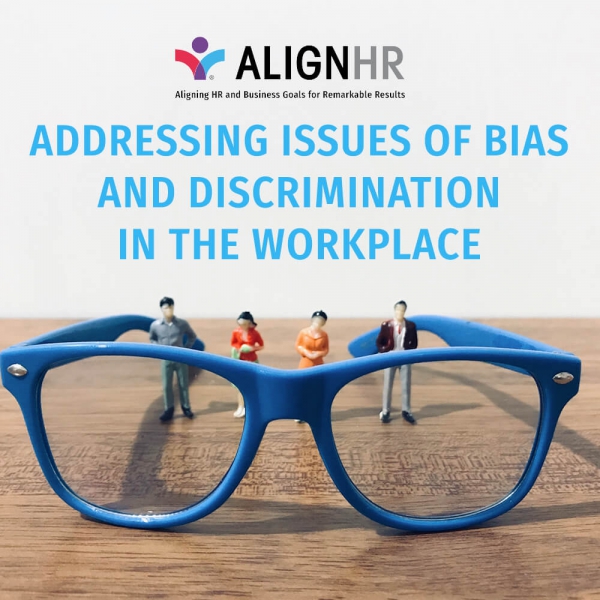
In today's diverse and evolving workforce, fostering an inclusive and equitable workplace is not just a moral imperative, but a strategic necessity. Bias and discrimination can undermine employee morale, hinder productivity, and damage your small business's reputation. To create a thriving work environment, it is essential to address these issues head-on. In this blog post, we will explore effective strategies to address bias and discrimination in the workplace, empowering your small business to build a culture of inclusivity and fairness.
Combatting bias and discrimination starts with creating awareness and providing education to employees at all levels. Offer diversity and inclusion training programs that cover topics such as unconscious bias, microaggressions, and cultural competence. These programs raise awareness, challenge assumptions, and foster empathy among employees, helping to create a more inclusive and understanding work environment.
Establishing clear policies that explicitly prohibit bias and discrimination is a critical step in creating a fair workplace. Review and update your company policies to include comprehensive guidelines on respectful conduct, equal opportunity, and non-discrimination. Ensure these policies are communicated effectively and regularly to all employees, with mandatory training and acknowledgment to reinforce their importance.
Encourage employees to report incidents of bias or discrimination through a confidential and accessible reporting mechanism. Develop a well-defined process that ensures prompt investigation, confidentiality, and appropriate action. Communicate the reporting mechanism widely, assuring employees that their concerns will be taken seriously and addressed promptly. Transparency and accountability are key to creating a safe and supportive work environment.
Leadership plays a crucial role in fostering an inclusive workplace culture. Executives and managers should lead by example, demonstrating zero tolerance for bias and discrimination. Hold leaders accountable for their actions, ensuring they actively promote diversity and inclusivity in their decision-making processes. Encourage open dialogue and provide platforms for employees to express concerns and ideas without fear of retaliation.
Bias can often seep into the recruitment process, leading to homogeneous teams and missed opportunities for diversity. Regularly review your hiring practices to identify and address any potential biases. Use structured interviews, diverse interview panels, and blind resume screening techniques to minimize unconscious bias. Broaden your talent pool by exploring diverse recruitment channels and leveraging professional networks that cater to underrepresented groups.
Create an environment where employees feel valued and included by fostering inclusive team dynamics. Encourage collaboration, cross-functional projects, and diverse perspectives. Implement mentorship and sponsorship programs to support the professional growth of underrepresented employees. By actively promoting inclusivity within teams, you foster a sense of belonging and enable diverse voices to be heard and valued.
Regularly assess the effectiveness of your diversity and inclusion initiatives through employee surveys, focus groups, and diversity metrics. Collect feedback on the workplace climate, perceived biases, and areas for improvement. Use this data to refine your strategies, address gaps, and measure progress over time. Continuous evaluation ensures that your efforts remain aligned with the evolving needs of your workforce.
Addressing bias and discrimination in the workplace is crucial for creating an inclusive and equitable environment where employees can thrive. By promoting awareness, implementing clear policies, fostering accountability, and reviewing your practices, you can build a culture that celebrates diversity and upholds the values of fairness and respect.
At AlignHR, we understand the complexities involved in addressing bias and discrimination within organizations. Our experienced HR consultants can assist you in developing tailored strategies and implementing effective policies to create a workplace that embraces diversity and inclusivity.
Contact us today to learn more about our comprehensive solutions and how we can partner with your organization to address bias and discrimination in the workplace. Let AlignHR be your trusted advisor on this important journey towards building an inclusive and thriving work environment.
Together, we can create a workplace where every employee feels valued, respected, and empowered. Reach out to AlignHR today and take the first step towards a more inclusive future for your small business.